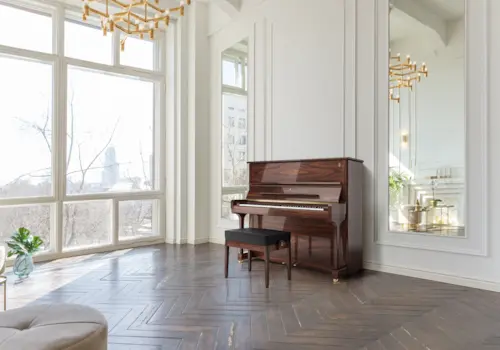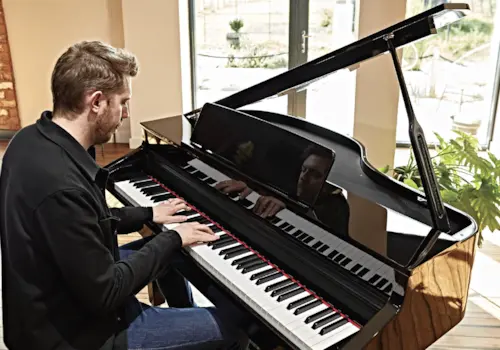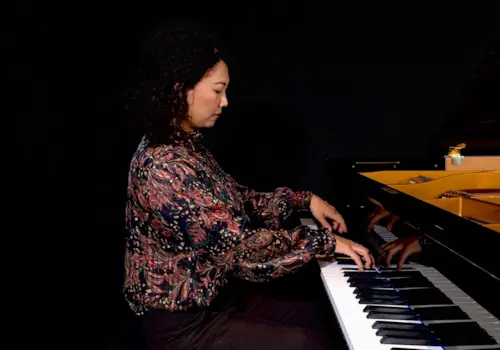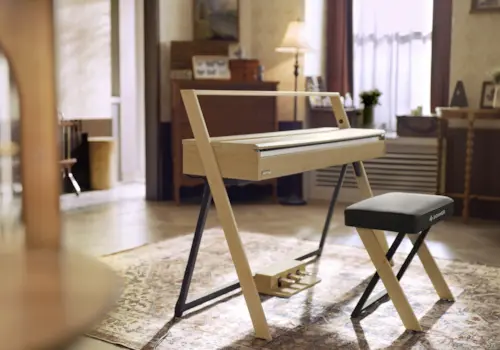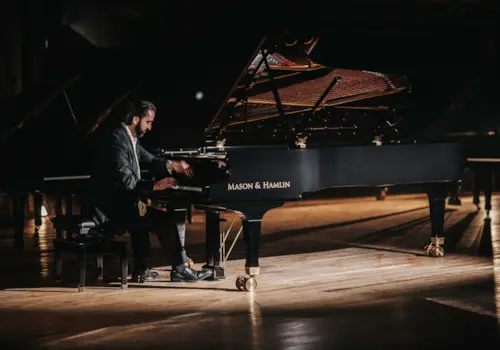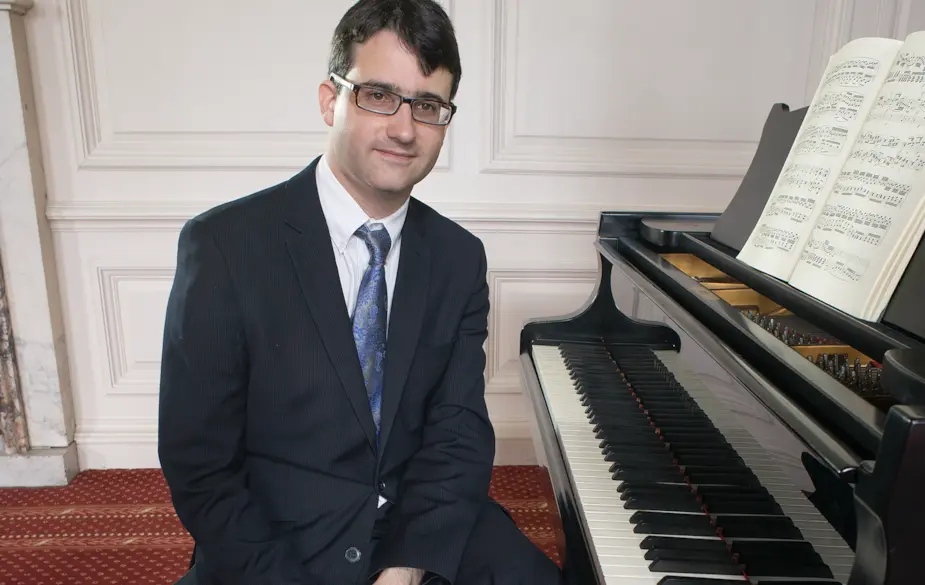Ahead of his recital at St John's Church, Taunton, this coming Friday, Hemmerlé talks to Pianist about the unique musical relationship between Beethoven and Liszt
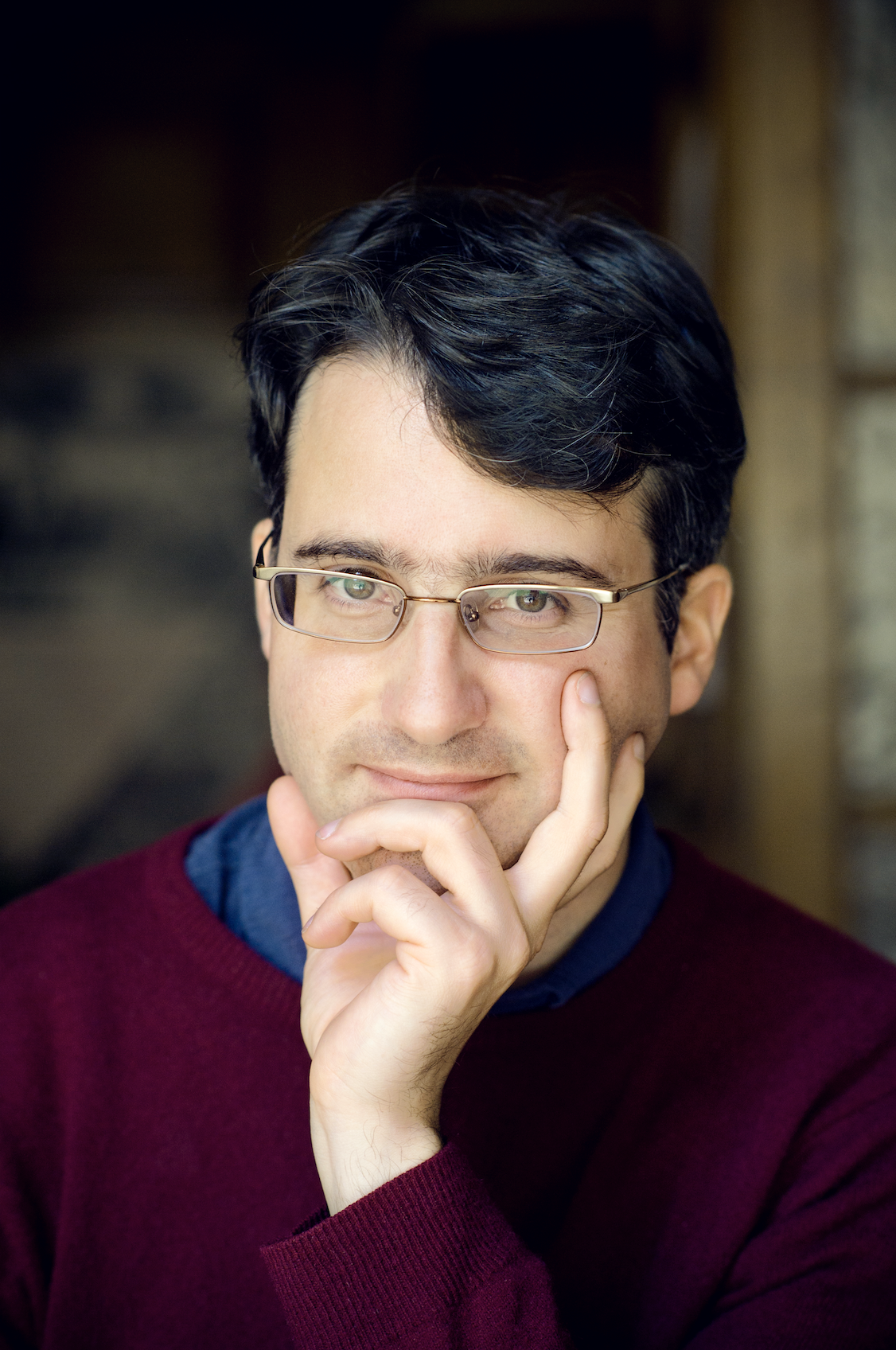
Tell us about the programme you’ve chosen to play on 27 September?
For my recital in Taunton, I have chosen two works which are arguably the most important sonatas written for the instrument: Liszt’s and Beethoven’s Opus 111.
Why choose to play these two monumental works together?
I wanted to celebrate Liszt, who came to play in Taunton in the 1840s. We know Liszt was the first pianist to perform the ‘Hammerklavier’ Sonata publicly. I haven’t been able to find out if he ever performed the last one, but it is tantalising to try and imagine what he would have made of the piece, as his interpretation of other sonatas was legendary in his time. There are two accounts of his playing of the ‘Moonlight’ Sonata that have come down to us. One was in a salon, when Chopin was present, the other was in Weimar, I think for Emil von Sauer. Both accounts talk about something absolutely extraordinary.
Tell us about further links between the composers?
Liszt's commitment to Beethoven’s music was immense; we know that the ‘Emperor’ Concerto remained one of his war horses right unto his old age. He not only conducted the symphonies, but also transcribed them for piano, thereby gaining a unique insight into Beethoven’s creative process. Liszt still has a mixed reputation as a composer, and he is undeniably uneven. But if you accept talking the rough with the smooth, the vulgar with the sublime, he has in fact a lot to offer. He stole from everybody, but he was also a fertile ground for a lot of musicians that came after him and owe him a good part of their language.
Which other composers spring to mind?
I am thinking of people like Wagner, whose harmonic language, and his melodic turns, are heavily indebted to his father-in-law. César Frank is another example – his richly chromatic language comes in a straight line from Liszt. But Liszt’s influence was just as strong in terms of pianism; if we take someone like Ravel, for example, there is an undeniable influence, which he acknowledged himself. If Liszt had not written the Jeux d’eau à la Villa d’Est, Au bord d’une source and Mephisto Waltz, we probably would not have pieces like Jeux d’eau or Scarbo.
How do you go about preparing a programme?
I usually try to listen to a broad range of interpretations by masters past and present. It is a way of opening your mind to interpretative options that are not immediately natural to you, and to remind yourself that there are many convincing ways of playing a masterpiece. I am particularly drawn to early recordings, for a few reasons. First, they put us in touch with a kind of music making that is quite different from the way we approach things today, so it is a very useful counterbalance. They also stem from a period of time where there was less of a fixed tradition of interpretation.
What ‘negative’ aspects might there be by listening to recordings?
The danger of living in a recording age is that we unconsciously tend to copy one another and thereby can narrow down our interpretative scope. When listening to early recordings – for example Cortot or Friedheim in the Liszt Sonata – we see that there was a degree of creative freedom which is rarely equalled by living musicians. There are exceptions even today, of course, but I find some artists seem to look for originality for its own sake, in a way that is narcissistic. Cortot was never consciously trying to be different, yet the mark of his personality is present in every phrase that he plays.
Tell us about your training?
My main teachers were Billy Eidi in Paris, who transmitted to me his love of the French repertoire and a certain finesse. From Ventislav Yankov, a Bulgarian pianist, himself a student of Wilhelm Kempff and Marguerite Long, I learned the discipline required to play German music, and how to read a text with greater precision. Joaquin Soriano, a Spanish pianist, taught me to play in a more open-hearted way. But these days I learn from listening to others and by recording myself, which is the greatest and most painful exercise.
What are your future plans, in terms of repertoire and general goals?
I have a fairly full year ahead, with some stimulating projects, among which the complete Ravel piano music, as part of the celebration for his 150th anniversary. I am always looking to learn music that is relatively rare, so this year I will play music by Medtner, Kapustin, Fanny Mendelssohn, Godowsky, Percy Grainger, among many others.
Patrick Hemmerlé performs works by Beethoven, Liszt, Bach and Bach-Busoni at St John’s Church, Taunton on Friday 27 September.
IMAGES
Top: © Julia Hedgecoe
Inside this article: © Jean-Bapstiste Millot

